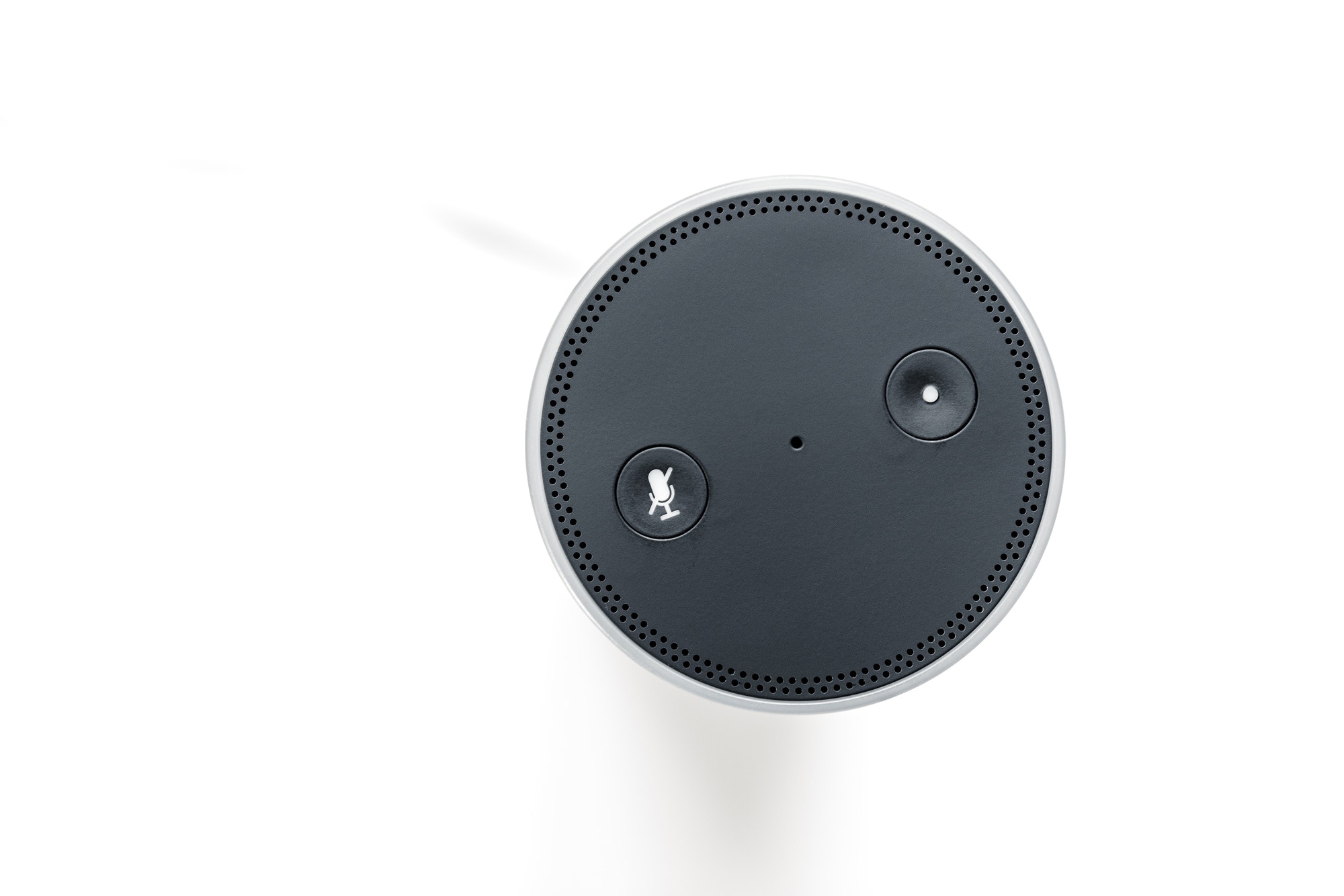Voice search could be described as an up and coming technology. Although it is already around and used by many people today, it has a lot of potentials to develop further and be the solution to a range of problems.
It is a technology used by people to access internet search results on a smart device, such as a mobile phone, by simply using their voice.
There are already a few companies that provide this service, such as Google’s assistant that comes automatically included in Android phones, Amazon’s Alexa, and Apple’s Siri. Although still at a very young stage, this type of technology is growing at an increasingly fast rate.
When a new trend takes hold, marketers have to adapt their strategies to suit it. What do you need to know about how voice search affects SEO? Let’s find out.
Expect Longer Queries

Voice search statistics and data indicate that when people use voice search, they tend to ramble more and use more of a conversational tone compared to when they search using text.
It makes sense, talking is a lot easier than typing. Typing your query out would mean using as few words as you could get away with. So, if you were looking for a dentist, you’d probably type, “dentist, Soho.”
On the other hand, a voice query would go more like a conversation that you might have if you were asking someone for a recommendation. It might be more along the lines of “Where is the best dentist nearest to me in Soho?”
Because of this, marketers have started to tailor the keywords that they use, and often appeal to longer key phrases rather than specific words. Descriptive adjectives such as ‘best’ or ‘close by’ are now more important than ever.
The majority of voice search queries are conducted in the form of questions, so keywords should be targeted in this way as well.
Do Add a FAQ Page to Your Site

To prepare for voice search, one of the simplest things that you can do is to add a frequently asked question section to your site. Try and think of every possible question the client may have and put it in there.
Take things a step further and also incorporate questions that might be asked in other areas of the site as well.
The Context Matters

Big players in the search game, such as Google, have also made adaptations in accordance with the increased usage of voice search.
In 2013, Google launched a major algorithmic update by which it started to consider the user intent and the contextual meaning behind queries. In order to find relevant results, Google now focuses on the semantics and the wider relevance of a user’s query.
As a company, dental practice marketing agency will tell you that you need to focus on not just a few well-chosen words, but also the context of the whole site. Say, for example, that you are a dentist and are creating your site. You would list the services that you offer, and they’d all be related to dentistry.
So, for example, you could have a page about braces. You might never even mention the word “dentist” on the page, but Google understands the context and that braces are a part of dentistry.
Now, if you went in and added a section on new nail art designs, that wouldn’t make much sense, would it? Now that search engines are better able to understand the context of the site, you need to ensure that just about every item on your site is contextually linked to the business you’re in.
To take advantage of this opportunity, companies need to think about how their audience will think and speak about their business, products, or services. Mike Hall from Netvantage Marketing specializes in dental SEO and provided a few recommendations:
“You would need to think about what types of voice searches potential patients would ask their device. This may include questions related to the importance of flossing, cavity prevention, or types of insurance accepted. Use your FAQ page to address these long-tail keyword questions that are often asked in voice searches.
When brainstorming questions to add to a FAQ page, you can get ideas from your receptionists, contact forms coming in through your website, the “People Also Ask” search snippets in Google search results, as well as FAQ pages on other dental websites. “
Businesses should also be focusing on the type of question that is asked. ‘What’ and ‘who’ questions tend to indicate that the user is still in the research stage, whereas if she is asking ‘where’, then chances are she is almost ready to buy.
A high percentage of voice queries are used to find local information, which makes sense seeing people use their mobiles on the go. ‘Near me’ searchers are increasingly more popular, so all companies should ensure that their location information is up to date and clearly on show.
Share at:ChatGPTPerplexityGrokGoogle AI
Post Written By:
James McMinn
James is a savvy digital marketing specialist with a Masters of Science in Internet Marketing. For the past fourteen years, he has been specializing in SEO, PPC & Marketing Strategy. He has a super sharp analytical mind and a finely tuned creative eye for marketing initiatives that optimize brands.






